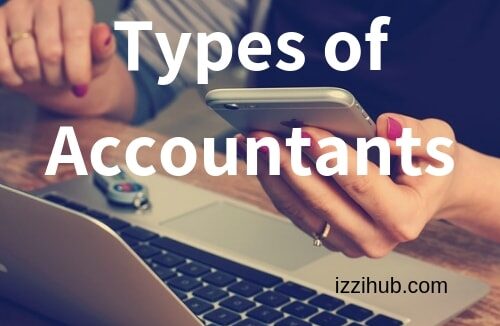A controller oversees the accounting operations, including financial reporting, payroll, accounts payable, accounts receivable, cost accounting and more.
The controller also helps guide a company’s strategic financial decisions, and is a key part of the management team.
A part time controller typically works 40 to 60 hours per month.
Typically there would be:
- a bookkeeper(s),
- a part-time or full-time controller
- and a CPA firm for year end and company tax returns.
Every business would have its own unique requirements but typically this is what each role does:
Bookkeeper Functions
These are the usual functions of a bookkeeper:
- Issue invoices to customers
- Collect sales taxes from customers
- Ensure that receivables are collected promptly
- Record cash receipts and make bank deposits
- Prepare payroll
- Pay supplier invoices in a timely manner
- Take discounts on supplier invoices
- Pay any debt as it comes due for payment
- Remit payroll and sales taxes to the government
- Monthly reconciliation of bank accounts
- Maintain an orderly accounting filing system
- Reconciliations of all accounts to ensure their accuracy
- Purchase supplies and equipment
Controller – Full or Part Time
Typical controller functions:
- Recommending and Installing accounting software
- Company formation and Chart of Accounts creation
- Develop and implement internal controls
- Hiring and training bookkeeping staff
- Financial statement preparation—monthly, quarterly, annually.
- Provide files and data to the CPA firm for income tax returns
- Assemble information for external auditors for the annual audit
- Develop internal accounting policies and procedures
- Business plans and loan applications
- Maintain the annual budget
- Assist with office management
- Financial advisor to senior management
CPAs In Public Practice
What a CPA firm provides:
- Start-up counselling
- Purchases and sales of businesses
- Business valuations
- Business planning and financial projections
- Developing strategies for securing financing
- Corporate and personal income tax planning
- Information technology need analysis
- Assurance (audits and reviews)
- Preparing and analyzing financial information
- Developing management controls
- Management consulting
- Forensic accounting and litigation support
CPA section excerpted from: www.cpacanada.ca/
End Notes: Comptroller vs Controller
Years ago in the 1800’s, the term “comptroller” arose from a careless misspelling of the term “controller.”
From then on, the spelling, along with the duties of a regular controller, stuck and the term “comptroller” became a similar term referring to a financial officer.
A controller or comptroller manages the accounting department and provides management with timely and accurate financial reporting.
Creative Commons Attribution: Permission is granted to repost this article in its entirety with credit to Doug Hay & Associates and a clickable link back to this page.





